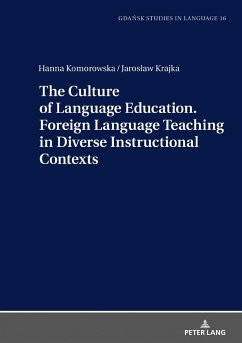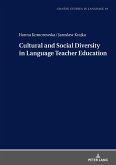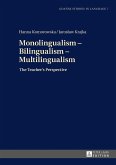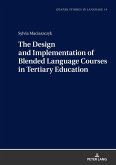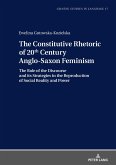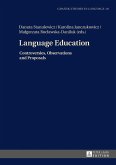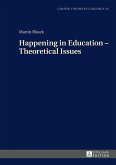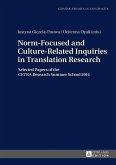The book aims to demonstrate the diverse shapes that foreign language teaching and learning can have in various educational contexts, in terms of age groups (children, adolescents and adults), learning purposes (general language instruction vs. language for specific purposes) and instructional paradigms (language-oriented, interaction-oriented and post-method approaches). Special attention is paid to such key concepts in language teaching as motivation, auto-nomy, evaluation and assessment. This book tries to merge the macroperspec-tive, founded on such aspects of language instruction as defining competence, setting aims and objectives, developing curricula, planning lessons and evaluating learners' performance in general terms, with the microperspective of Poland as a place in which language instruction is run and whose specific problems are to be solved.
Bitte wählen Sie Ihr Anliegen aus.
Rechnungen
Retourenschein anfordern
Bestellstatus
Storno

